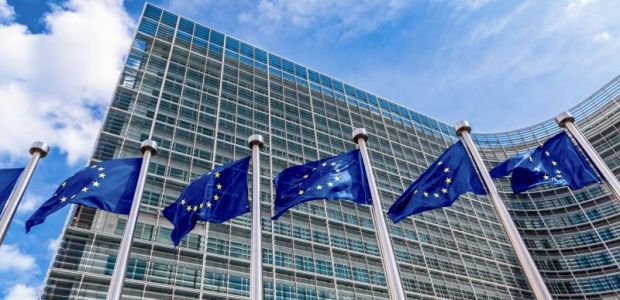Responsibility for the tension in the Eastern Mediterranean is increasingly seen to fall on Turkey following the informal EU foreign ministers’ meeting in Berlin and the latest statements by German Chancellor Angela Merkel supporting Greece and Cyprus. As of Saturday, it was also clear that diplomatic efforts on the part of Berlin and Brussels for a de-escalation, combined with the threat of new sanctions, will continue ahead of the European Council on September 24.
German Foreign Minister Heiko Maas, who had previously tried to maintain equal distances in public, noted that Turkey’s behaviour in the Eastern Mediterranean was harming its relations with the EU, while EU High Representative for Foreign Affairs and Security Policy Josep Borrell said that dialogue will be conditional on Turkey abstaining from unilateral actions.
There was also clear willingness among EU partners to support Greece and Cyprus in the face of Turkish provocativeness and on the need to impose stricter sanctions if mediation should fail.
Merkel, in recent statements, said that all EU countries have an obligation to support Greece. She had previously had two rounds of talks on the telephone with Greek Prime Minister Kyriakos Mitsotakis and Turkish President Recep Tayyip Erdogan, while abortive efforts by Germany’s foreign minister to mediate ahead of Gymnich only confirmed that Turkey is not interested in reaching an understanding.
Effectively, the EU has given Turkey a month to conform and to stop unilateral actions and violations of international law before Europe imposes sanctions. The EU summit on September 24-25 will focus on EU-Turkish relations and decide on a series of strong sanctions proposed by Brussels, if there is no de-escalation and the start of dialogue is still not possible.
As Borrell noted, efforts to “create space for negotiations” on all issues relating to relations with Turkey will continue but he also presented a long list of escalating sanctions, including in sectors where the Turkish economy is more closely linked with that of Europe, that will be imposed on Ankara if it insists on illegal activities in the Eastern Mediterranean.
(ANA-MPA)





